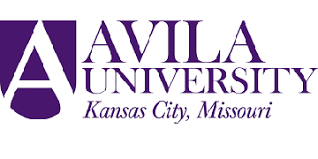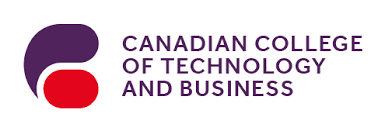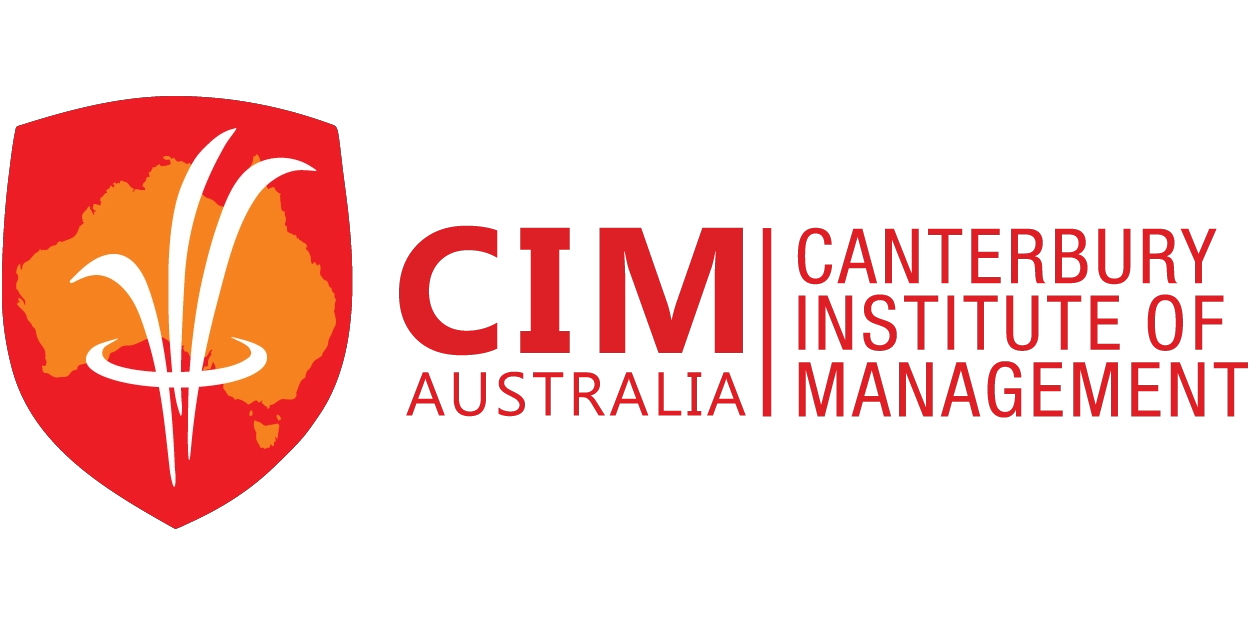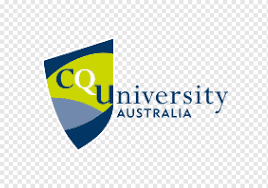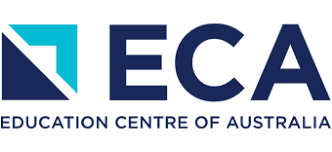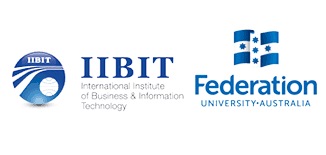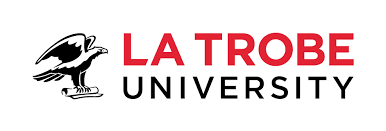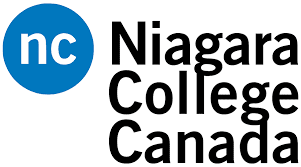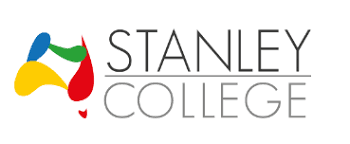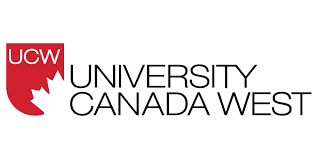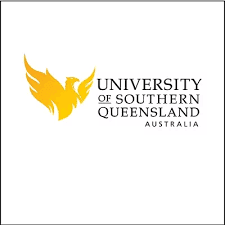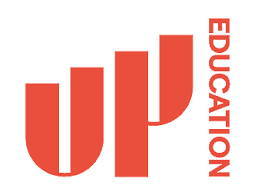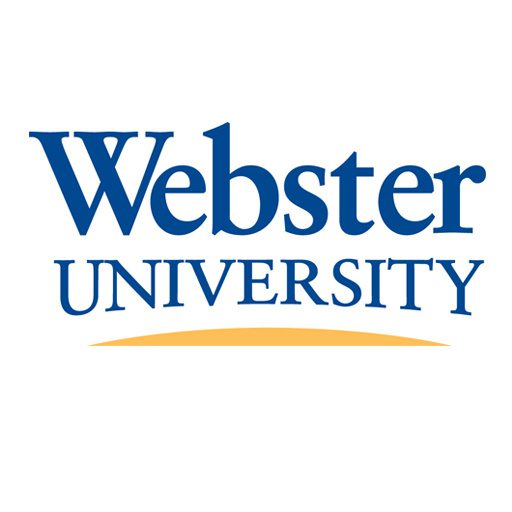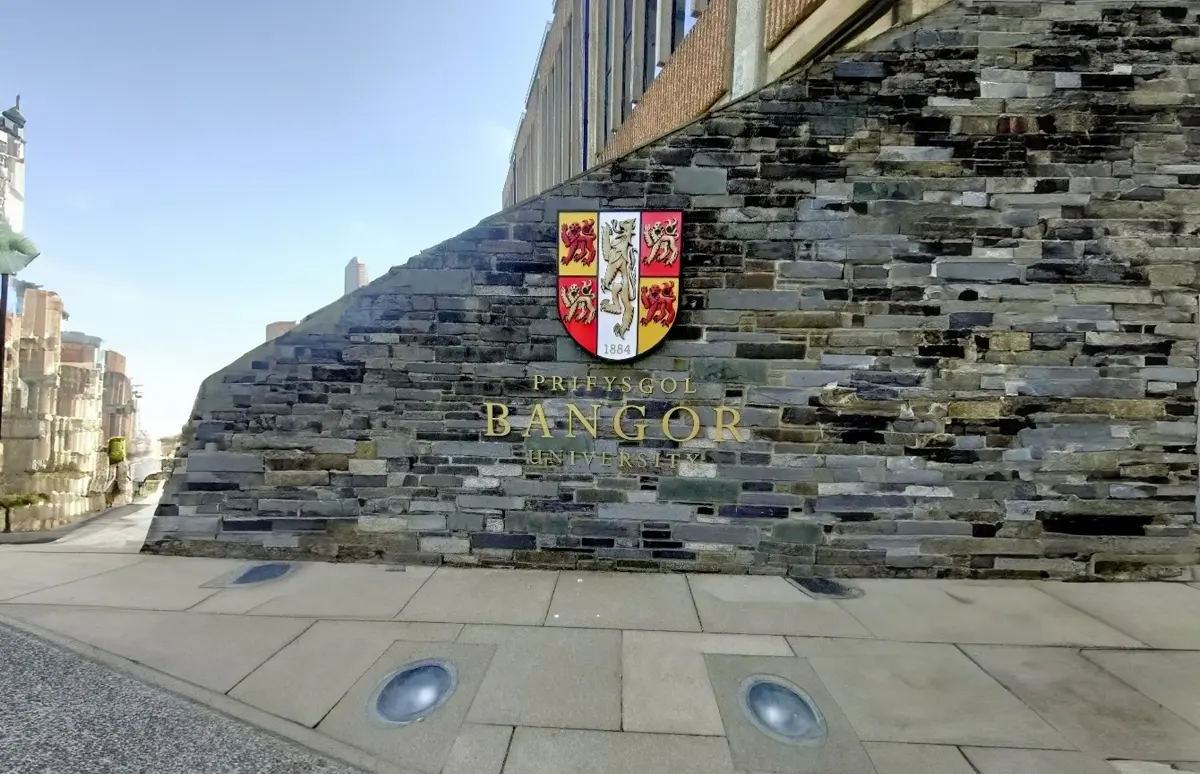
About Bangor University
Bangor University, situated in the picturesque setting of North Wales, is a vibrant and research-driven institution with a rich history dating back to 1884. Renowned for its strong emphasis on academic excellence, the university offers a diverse range of undergraduate and postgraduate programs across various disciplines, including arts, sciences, business, and health. The university is characterized by its supportive and close-knit community, providing students with a conducive environment for learning and personal development. Bangor University is particularly known for its world-class research, with notable strengths in areas such as ocean sciences, psychology, and electronic engineering. The campus is located between the stunning Snowdonia National Park and the Irish Sea, offering students a unique blend of academic pursuits and outdoor experiences. The university is committed to fostering a global perspective, and its international community contributes to a culturally enriching educational experience.
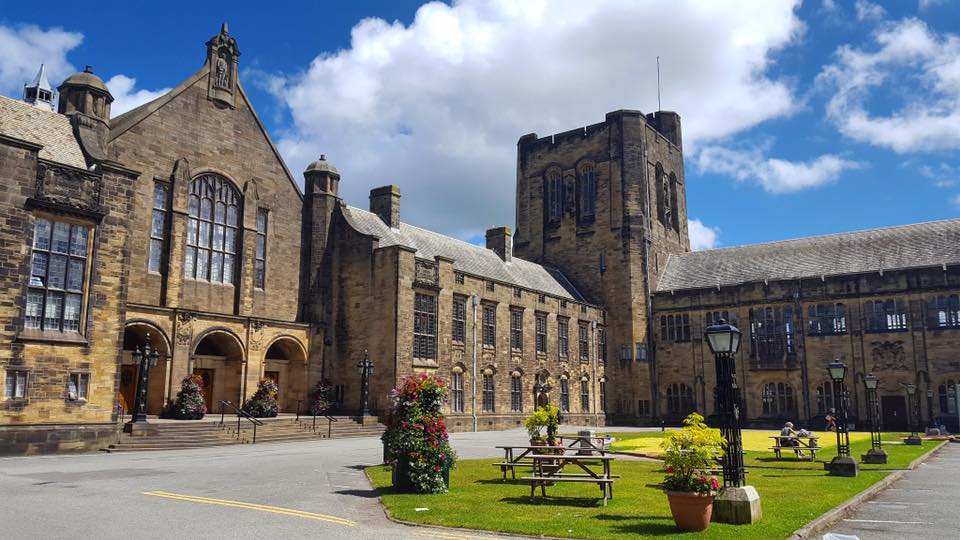
Academic Entry Requirements
Campus Location
Location
Bangor LL57 2DG, United Kingdom




